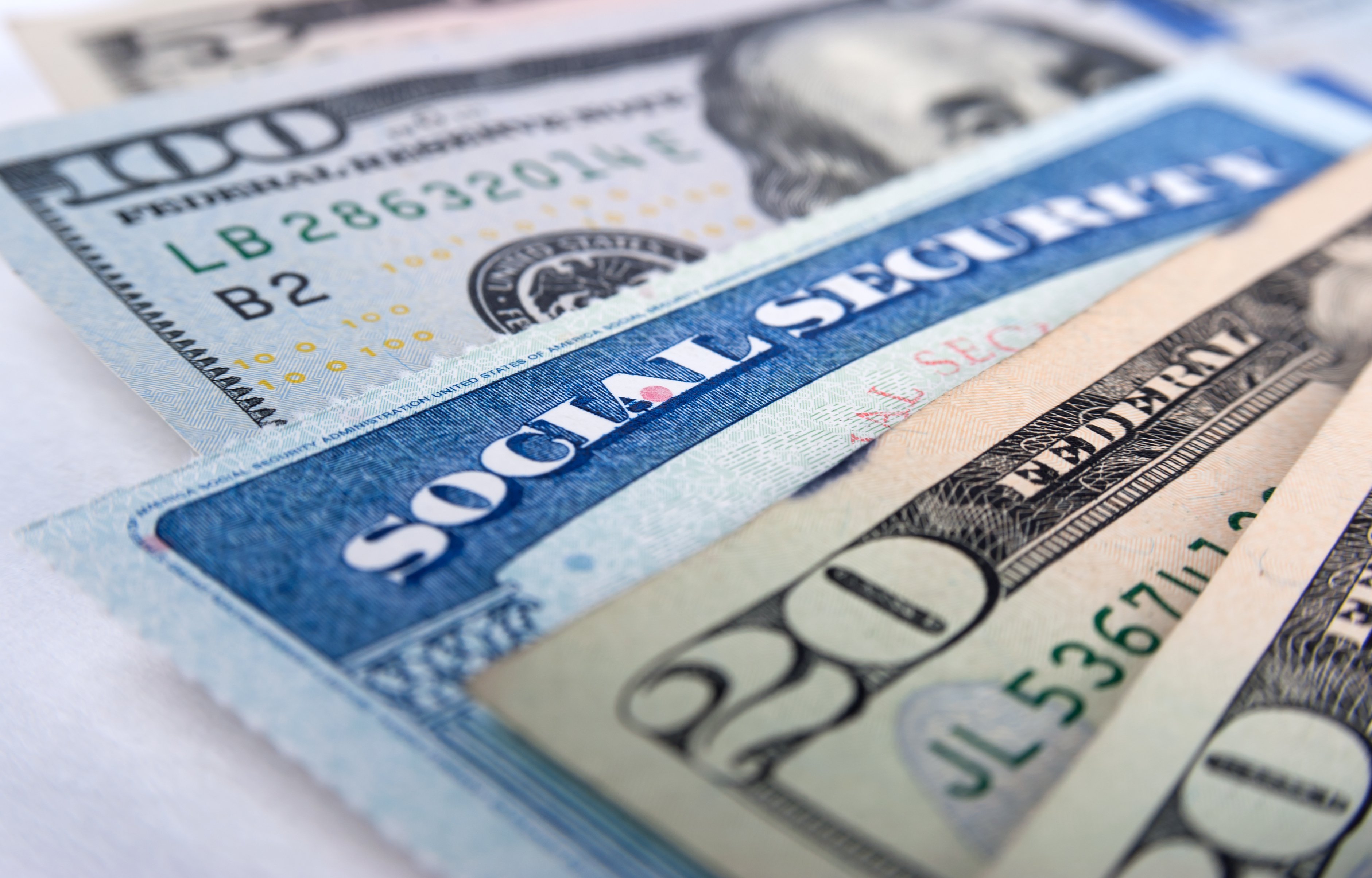Most of us do at least a little shopping every day, whether we're spending the evening at the mall with friends or family, or are just grabbing a soda to have with a brown-bagged lunch. There are lots of big and small shopping mistakes that we're making, though, that are costing us money.
Over time, those mistakes can amount to some hefty sums left on the table. Here's a review of 10 shopping mistakes to be more aware of. Avoid making them and you can keep more money in your pocket, your bank account, and even your retirement savings account.

Image source: Getty Images.
1. Shopping for entertainment
Many people at shopping malls aren't there to buy something they need; they're there for entertainment. Shopping has become a diverting way to spend time with others, with a 2016 Gallup survey finding that 26% of Americans go shopping for fun. Malls are making the most of this, with many featuring movie theaters and gaming centers.
It can be harmful to your wallet to spend time in stores when you don't need to buy anything, so ask yourself how much of a shopping-for-fun person you are, and consider finding other ways to entertain yourself -- such as playing board games, participating in sports, or doing crafts. If you spend around $50 per week in unnecessary shopping, you might save $1,300 annually by stopping that.
2. Shopping to feel better
While many people shop for fun, others shop in order to feel better. This practice even has a name now -- "retail therapy." It's a costly practice, though, and you might find that other practices are not only less costly, but also more effective. For example, many experts recommend volunteering and/or exercising as good ways to lift your spirits.
3. Not researching
About 81% of retail shoppers conduct some research before buying, according to one survey, suggesting that about one in five don't. Buying items without doing at least a little research can be a mistake. True, it's not a major error if you're just buying fruit. But fail to do a little digging before a major purchase like a dishwasher, and you could end up with a loud machine that quickly breaks down. (It may even be worth reading up on fruit, as some tend to contain more pesticide residue than others, and some varieties of fruits can be tastier than others.)
You'll find lots of reviews at sites such as Amazon.com, but don't accept them all at face value, as there are many fake reviews out there. Sites such as Fakespot.com and ReviewMeta.com can help you determine how much to trust a product's ratings. The folks at ConsumerReports.org have been conducting independent evaluations of all kinds of products and services for decades, while sites such as Wirecutter.com also offer reviews and recommendations.

Image source: Getty Images.
4. Not looking for the best price
Your research into items you need or want should not only be to help you decide which ones to buy -- it should also help you zero in on where you can get the best prices. Fortunately, there are lots of apps and websites that can help with that. Many apps let you scan a barcode or QR code in order to quickly compare prices across a bunch of retailers. Using a website to comparison-shop before you even leave the house can be smart, too. Some websites to try include PriceGrabber.com and Shopping.Google.com.
5. Not using coupons, online or in stores
It's easier than ever to use coupons to save money when shopping. You can still clip coupons from newspapers and from sales circulars you get in the mail, but there are even more options now. Download your favorite retailers' apps and you may be able to access coupons and discounts that way -- especially if the app is from a supermarket chain. Or, whenever you shop online, go to a coupon-listing site such as RetailMeNot.com or Coupons.com and look up the retailer you're about to buy from. There's a good chance you'll be shown a coupon that can get you free shipping, or a percentage off your total.
6. Ignoring shipping costs
Speaking of shipping costs, be sure to take them into account when shopping online. One retailer may have a lower price for the item you want to buy, but after you factor in shipping costs, another retailer might be the cheaper option. Also, at some sites, you can qualify for free shipping once you hit a certain total -- at such stores, consider waiting until you need to buy enough items to qualify for free shipping.
7. Favoring name-brand items
Many retailers have their own store brands, and it's a mistake to dismiss them in favor of name brands -- because opting for store brands can save you 10% or more on lots of purchases. After all, many store-branded products are actually made by name-brand companies. Costco's Kirkland Signature batteries, for example, have been made by Duracell (a Berkshire Hathaway subsidiary), while some of Costco's Kirkland coffees have been made by Starbucks. Walmart's Great Value peanut butter has been made by Conagra Brands, the maker of Peter Pan peanut butter. Give store brands a try before favoring name brands for various items you buy.

Image source: Getty Images.
8. Shopping when you're hungry
This is a classic error that many people make. It's easy to do if you head to your local grocery store after work and before dinner -- but it's a costly thing to do even in stores that don't sell food, according to a report in The Atlantic: "Humans are more likely to make purchases when they're hungry", according to behavioral scientists reporting this week on five novel experiments in the Proceedings of the National Academy of Sciences. The researchers found that the hunger-spending phenomenon applies not only in logical cases like grocery shopping or ordering at a restaurant, but to any type of shopping."
9. Paying with a credit card
It's dangerous to shop with a credit card, because we tend to spend significantly more money when we do so versus when we pay with cash. In one famous study at MIT, researchers had their subjects bid on tickets to see a Boston Celtics basketball game, and those who were told they would pay with credit cards bid nearly twice what the cash-payers bid.
Credit cards are useful, of course, and it can be hard to go without them, so at the very least, be mindful of your spending using cards, and ask yourself now and then if you would be making the same purchases if you were using cash. If possible, try leaving your cards at home and see how you fare spending only cash.
10. Paying with cash
While the above caution is worth heeding, here's a contradictory one: Consider using a credit card when you shop -- because you can collect substantial rewards, in the form of cash back or discounts, with some of the best credit cards. You might, for example, get 6% back at supermarkets, which can put several hundred dollars back in your pocket each year if you have a large family to feed. And you might get 5% off of items you buy at retailers like Target and Amazon by using their cards. This strategy only works if you are able to not overspend on your credit cards. If you're charging lots of items you don't really need, on impulse, then you won't be coming out ahead with your credit card rewards.
Be a strategic and thoughtful shopper, and you may be able to lop thousands of dollars off your spending each year -- which can help you reach all kinds of important financial goals.





